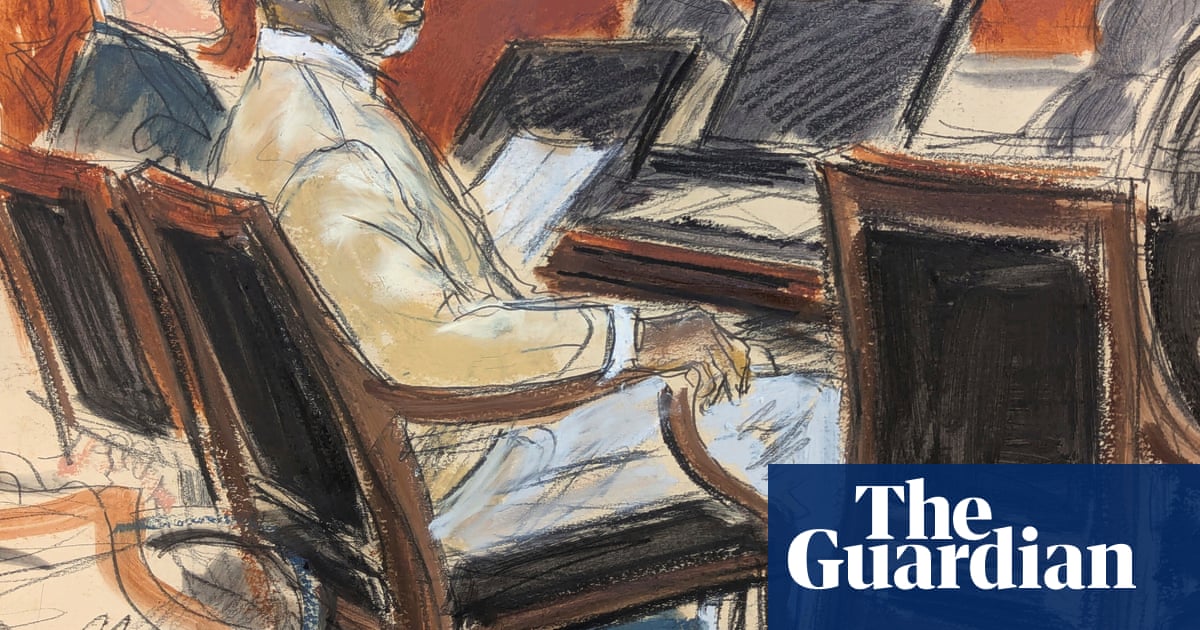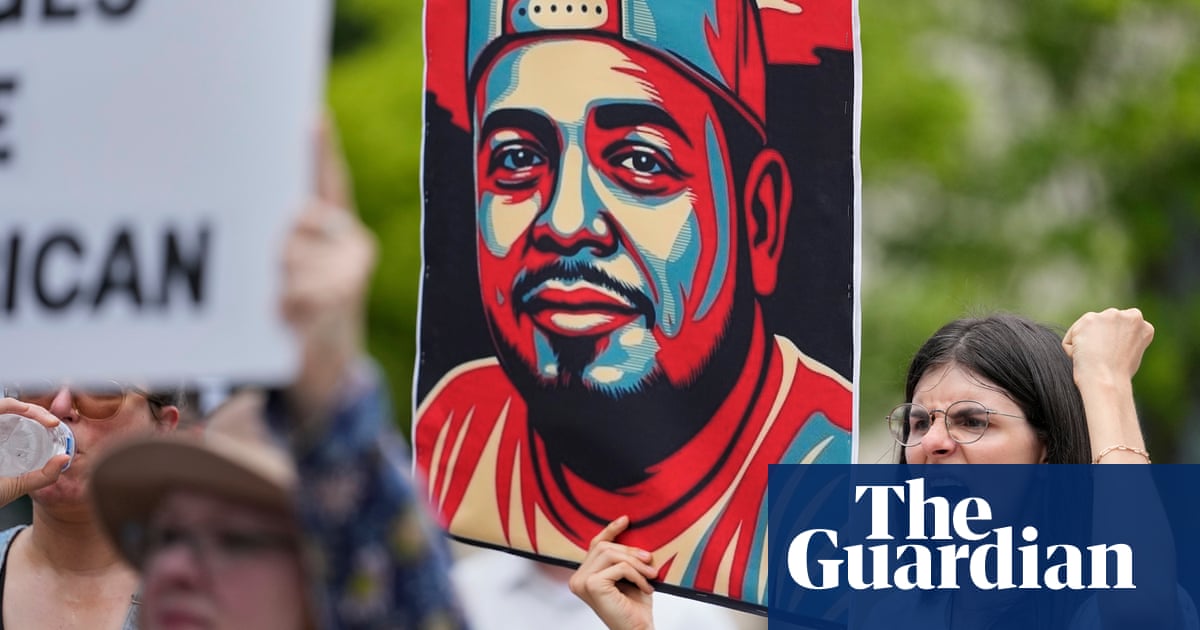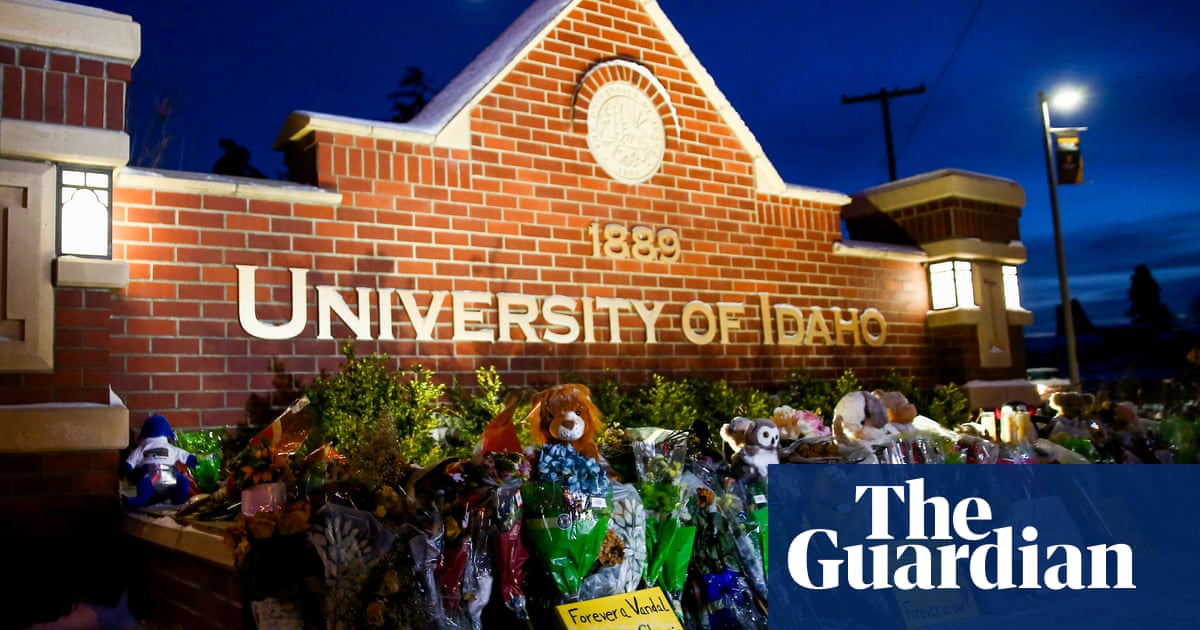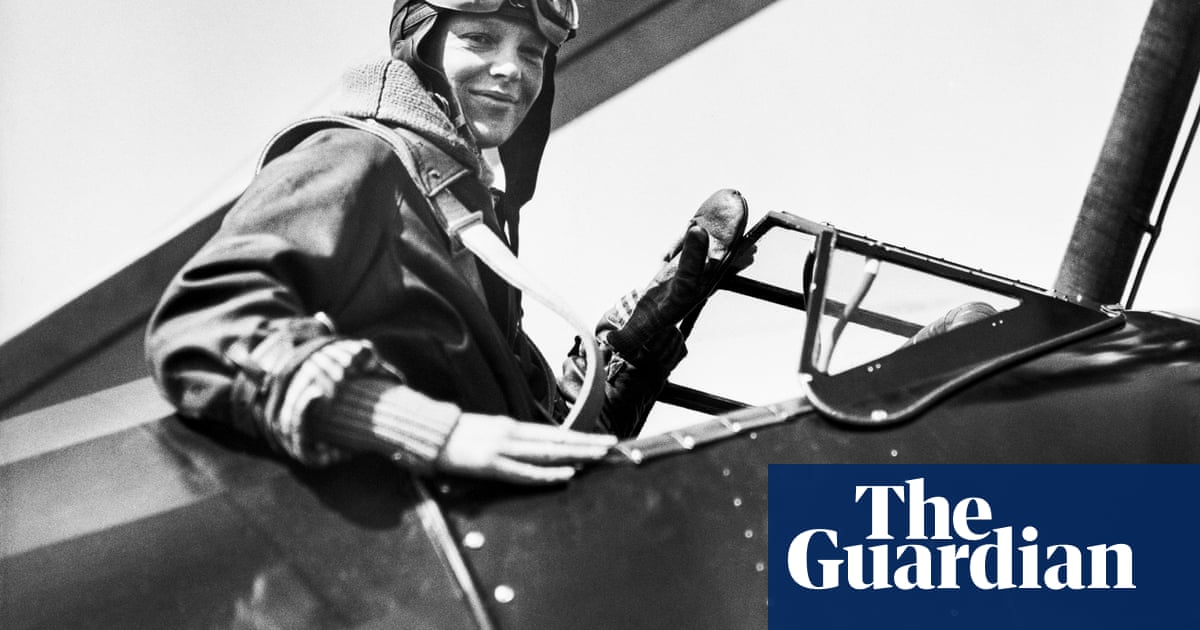Unless you are a big fan of what the American charts call “mainstream rock” and entering late middle age round about now, you may never have heard of 90s outfit Collective Soul. And yet this clearly band-endorsed documentary hypes them so much, you may question your own remembrance of things past. For instance, much is made of Collective Soul’s first big hit, Shine from 1993, which first broke out via airplay at an Atlanta college radio station, with the film giving the impression that everyone was humming this tune back in the day. This may not in fact have been the case: you might associate the time more with the likes of Whitney Houston, Nirvana and dancefloor fillers like Rhythm Is a Dancer.
It turns out that Collective Soul, named after a phrase in Ayn Rand’s The Fountainhead, is a classic rawk outfit with a guitar-heavy, chunky-riff and wailing-vocals sound, somewhat generic but enjoyable. The group is built around Stockbridge, Georgia, brothers Ed Roland (the lead singer and songwriter) and his rhythm guitarist brother Dean; they are the sons of a preacher man and father figures and old friends feature very heavily in their story. The film works its way through the band’s pre-history and story methodically, with Ed Roland dominant throughout as literally and figuratively the group’s loudest voice.
Give Me a Word hits every station of the rock band cross, from the years of toil in obscurity, working in music shops and trying out different sounds and collaborators, then the aforementioned big break, and the years when they should have been making bank but were getting ripped off by poor contract reading skills. At one point they even play Woodstock (the 1994 edition, not the big ’69 event) in front of nearly half a million people, and yet they were still sleeping four people to a room and taking home about $150 a week.
Soon, the inevitable musical differences and fallings out reshuffle the line-up. But they’re all such nice guys, despite the flamboyant swearing and boasting about the partying, that the film only barely mentions that the bust-up between Ed and lead guitarist Ross Childress had something to do with a romantic betrayal. Indeed, the film seems rather ripe with pendulant silences on certain subjects and areas of the band members’ lives. We meet no current wives or girlfriends, although their existence is often invoked. And yet one of the people Ed gets most weepy about is a gay friend from high school who died of a drug overdose back in the day, leaving the singer with an enduring and overwhelming sense of loss.
Apart from Ed and Dean’s still living mother and one or two others, there are practically no women in the movie, except for the great Dolly Parton, who covered Shine. Somehow it says it all about the slippery nature of fame when Ed mentions – with amusement, rue and just a tiny trace of resentment – that people just assume that Shine was written by Parton rather than himself.

 17 hours ago
3
17 hours ago
3

















































